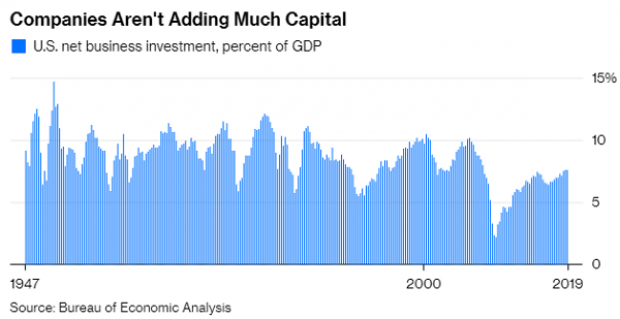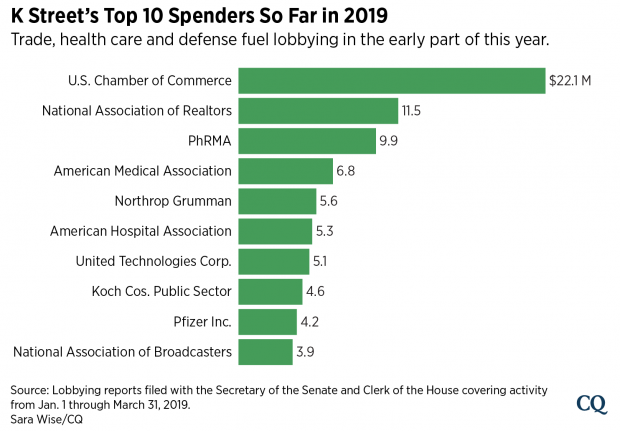Obama All but Calls Cosby a Serial Rapist

For months, comedian Bill Cosby has come under relentless attack amid allegations that he raped dozens of women over the years after slipping them drugs. As the controversy grew, some on Capitol Hill questioned whether something should be done to strip the long-celebrated actor of a Presidential Medal of Freedom awarded him in 2002 during the Bush administration.
Today at a White House news conference, President Obama abruptly veered from an extensive defense of the Iran nuclear deal to a thinly veiled denunciation of Cosby as a serial rapist. In response to a reporter’s question of whether he would consider rescinding the medal, Obama said, “There’s no precedent for revoking a medal,” and that “we don’t have the mechanism.”
Then, after noting that he rarely publicly discusses pending civil law suits that might result in criminal charges, he made this startling pronouncement: “I’ll say this: If you give a woman -- or a man for that matter -- without his or her knowledge a drug and then have sex with that person without consent, that’s rape.”
It was a dramatic moment as the first African American president in U.S. history denounced from the White House pulpit the conduct of one of the most prominent and (once) beloved black actors and comedians of modern times.
Related: Bill Cosby's Moralizing Comes Back to Haunt Him
Cosby and his lawyers for months have dismissed as fantasy claims by more than two dozen women that they had been sexually assaulted by the actor over the past several decades – frequently after having been given knock-out drugs to make them groggy or put them to sleep.
But this ‘he said-she said’ controversy came to an end earlier this month after Cosby had admitted in a deposition giving Quaaludes to women he wanted to have sex with.
The documents, dating back to 2005, stem from a civil lawsuit filed by Andrea Constand -- one of the dozens of women who have publicly accused the comedian of sexual assault. The records were made public after The Associated Press went to court to compel their release.
Following that report, Sens. Kirsten Gillibrand (D-NY) and Claire McCaskill (D-MO) said it was an outrage that Cosby continued to hold the highest civilian honor in America. In a statement to Politico, a spokeswoman for Gillibrand said Cosby's medal must be revoked "because we need to set a clear example that sexual assault will not be tolerated in this country."
Obama apparently agrees with the senators, but just doesn’t know what he could do to take the medal back.
Chart of the Day: High Deductible Blues

The higher the deductible in your health insurance plan, the less happy you probably are with it. That’s according to a new report on employer-sponsored health insurance from the Kaiser Family Foundation and the Los Angeles Times.
Chart of the Day: Tax Cuts and the Missing Capex Boom

Despite the Republican tax overhaul, businesses aren’t significantly increasing their capital expenditures. “The federal government will have to borrow an added $1 trillion through 2027 to pay for the corporate tax breaks,” says Bloomberg’s Mark Whitehouse. “So far, it’s hard to see what the country is getting in return.”
Chart of the Day: 2019’s Lobbying Leaders

Roll Call reports that trade, infrastructure and health care issues including prescription drug prices “dominated the lobbying agendas of some of the biggest spenders on K Street early this year.” Here’s Roll Call’s look at the top lobbying spenders so far this year:
Can You Fix Social Security? A New Tool Lets You Try

The Congressional Budget Office released an interactive tool Wednesday that shows how some widely discussed policy changes would affect the long-run financial health of the Social Security system.
“This interactive tool allows the user to explore seven policy options that could be used to improve the Social Security program’s finances and delay the trust funds’ exhaustion,” CBO said. “Four options would reduce benefits, and three options would increase payroll taxes. The tool allows for any combination of those options. It also lets the user change implementation dates and choose whether to show scheduled or payable benefits. … The tool also shows the impact of the options on different groups of people.”
Click here to view the interactive tool on the CBO website.
Why Prescription Drug Prices Keep Rising – and 3 Ways to Bring Them Down

Prescription drug prices have been rising at a blistering rate over the last few decades. Between 1980 and 2016, overall spending on prescription drugs rose from about $12 billion to roughly $330 billion, while its share of total health care spending doubled, from 5% to 10%.
Although lawmakers have shown renewed interest in addressing the problem, with pharmaceutical CEOs testifying before the Senate Finance Committee in February and pharmacy benefit managers (PBMS) scheduled to do so this week, no comprehensive plan to halt the relentless increase in prices has been proposed, let alone agreed upon.
Robin Feldman, a professor at the University of California Hastings College of Law, takes a look at the drug pricing system in a new book, “Drugs, Money and Secret Handshakes: The Unstoppable Growth of Prescription Drug Prices.” In a recent conversation with Bloomberg’s Joe Nocera, Feldman said that one of the key drivers of rising prices is the ongoing effort of pharmaceutical companies to maintain control of the market.
Fearing competition from lower-cost generics, drugmakers began over the last 10 or 15 years to focus on innovations “outside of the lab,” Feldman said. These innovations include paying PBMs to reduce competition from generics; creating complex systems of rebates to PBMs, hospitals and doctors to maintain high prices; and gaming the patent system to extend monopoly pricing power.
Feldman’s research on the dynamics of the drug market led her to formulate three general solutions for the problem of ever-rising prices:
1) Transparency: The current system thrives on secret deals between drug companies and middlemen. Transparency “lets competitors figure out how to compete and it lets regulators see where the bad behaviors occur,” Feldman says.
2) Patent limitations: Drugmakers have become experts at extending patents on existing drugs, often by making minor modifications in formulation, dosage or delivery. Feldman says that 78% of drugs getting new patents are actually old drugs gaining another round of protection, and thus another round of production and pricing exclusivity. A “one-and-done” patent system would eliminate this increasingly common strategy.
3) Simplification: Feldman says that “complexity breeds opportunity,” and warns that the U.S. “drug price system is so complex that the gaming opportunities are endless.” While “ruthless simplification” of regulatory rules and approval systems could help eliminate some of those opportunities, Feldman says that the U.S. doesn’t seem to be moving in this direction.
Read the full interview at Bloomberg News.



